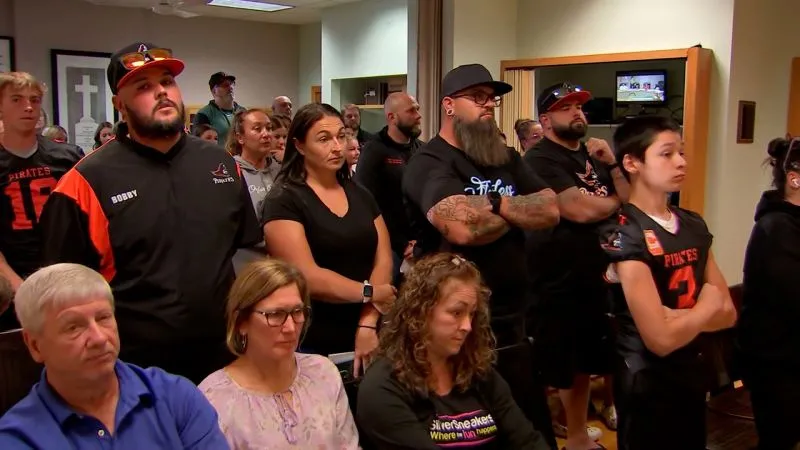Massachusetts Deadly Mosquito Virus: Controversy Over New Curfew Measures

Massachusetts Deadly Mosquito Virus Concerns Rise
In a surprising turn of events, towns like Oxford, Massachusetts, have proposed a voluntary curfew aimed at reducing outdoor activities after sunset to combat the serious threat of the deadly mosquito-borne virus, eastern equine encephalitis (EEE). This voluntary measure, effective through October, has led to significant public outcry, with many residents frustrated over the limitations it imposes.
Community Response and Health Impact
Local leaders like Philip Davis voiced their concerns, emphasizing that their families have already experienced restrictions due to COVID-19 and now feel overwhelmed by further limitations. The EEE virus causes severe health complications, but many argue that existing precautions could effectively manage the risks without imposing curfews.
Public Awareness and Safety Measures
- Increased public awareness about EEE risks is crucial.
- The curfew aims to protect residents from mosquito bites, particularly during crucial hours.
- Authorities express desire for flexibility in community response to maintain normalcy.
Despite the voluntary nature of the curfew, the debate between safety and daily life continues, as families and community leaders seek both protection and peace of mind.
This article was prepared using information from open sources in accordance with the principles of Ethical Policy. The editorial team is not responsible for absolute accuracy, as it relies on data from the sources referenced.